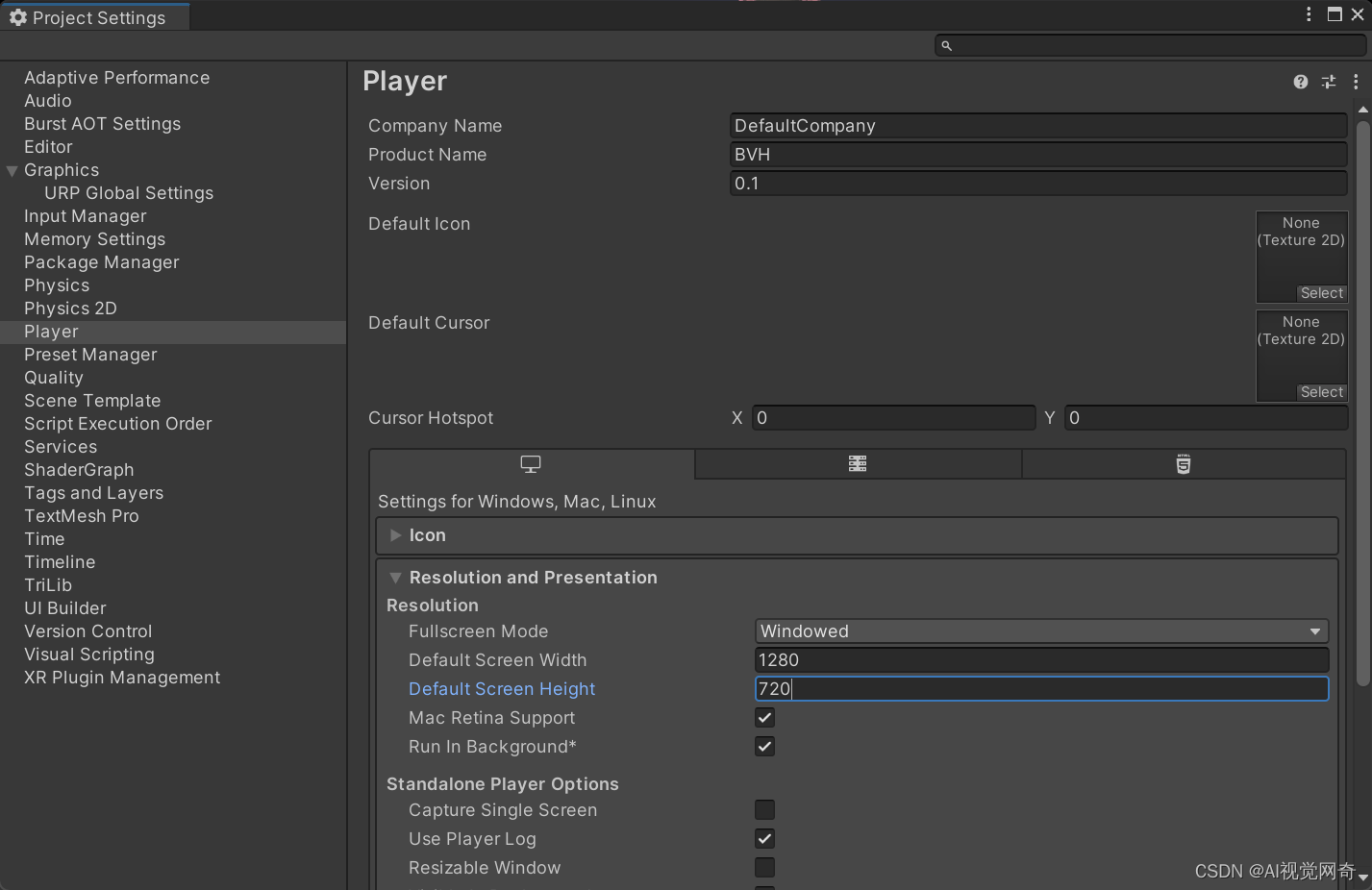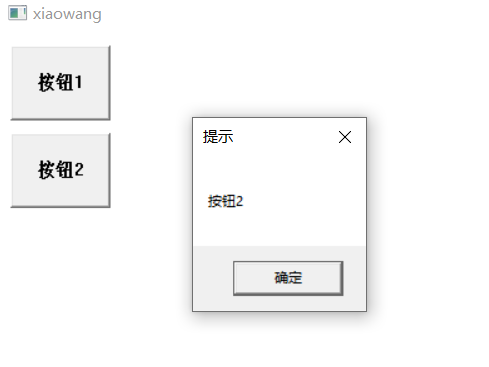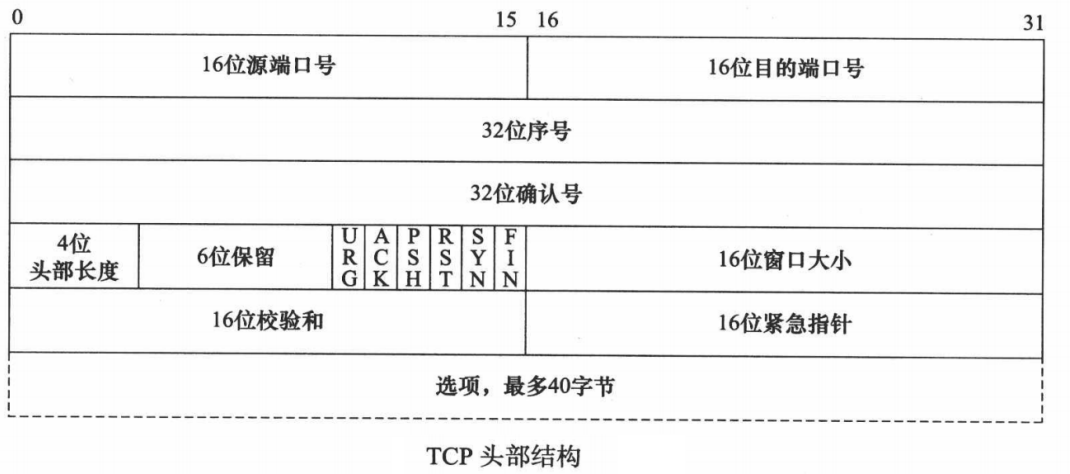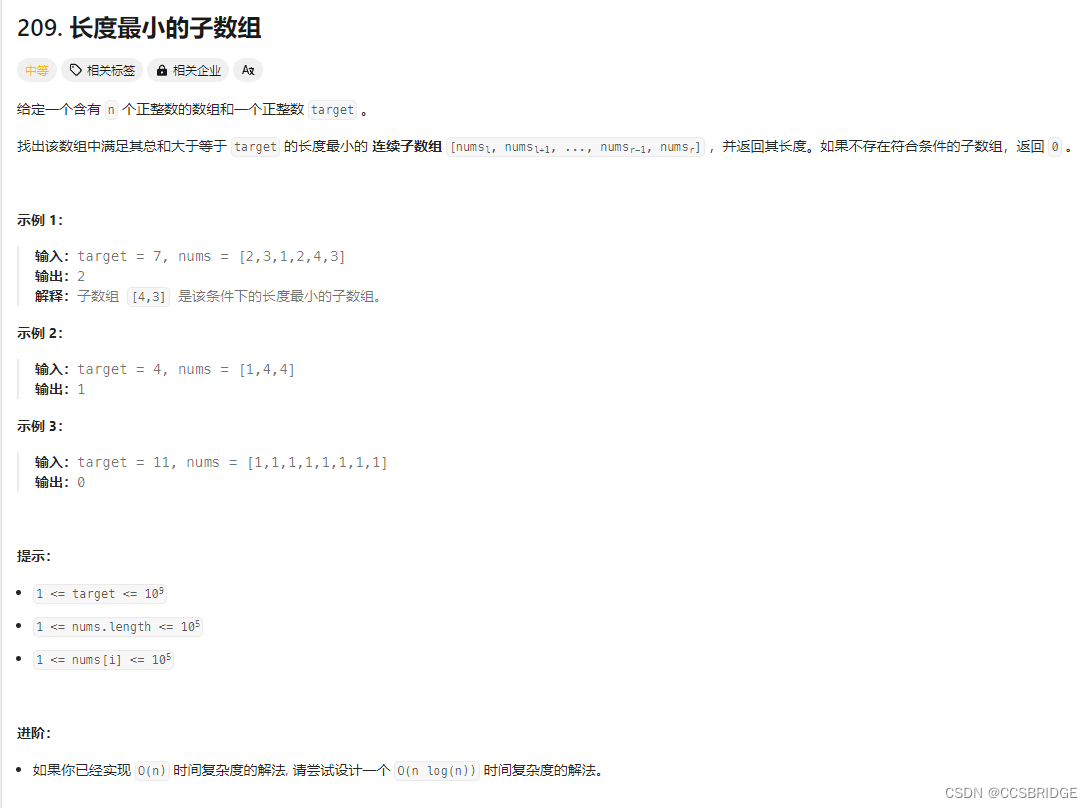本文介绍: 由于WPF 默认的Popup总是显示在所有窗口的前面,如何让popup 层只显示在该父级之上,并随着父级而动呢?下面来看实现。/// 是否窗口随动,默认为随动(true)/// 加载窗口随动事件/// 加载窗口随动事件while (win!= null)/// 刷新位置trycatchreturn;//是否最前默认为非最前(false)/// 重写拉开方法,置于非最前/// 刷新Popup层级RECT rect;#region P。
前言
由于WPF 默认的Popup总是显示在所有窗口的前面,如何让popup 层只显示在该父级之上,并随着父级而动呢?下面来看实现。
一、定义类继承Popup类
public class PopupEx : Popup
{
/// <summary>
/// 是否窗口随动,默认为随动(true)
/// </summary>
public bool IsPositionUpdate
{
get { return (bool)GetValue(IsPositionUpdateProperty); }
set { SetValue(IsPositionUpdateProperty, value); }
}
public static readonly DependencyProperty IsPositionUpdateProperty =
DependencyProperty.Register("IsPositionUpdate", typeof(bool), typeof(PopupEx), new PropertyMetadata(true, new PropertyChangedCallback(IsPositionUpdateChanged)));
private static void IsPositionUpdateChanged(DependencyObject d, DependencyPropertyChangedEventArgs e)
{
(d as PopupEx).pup_Loaded(d as PopupEx, null);
}
/// <summary>
/// 加载窗口随动事件
/// </summary>
public PopupEx()
{
this.Loaded += pup_Loaded;
}
/// <summary>
/// 加载窗口随动事件
/// </summary>
private void pup_Loaded(object sender, RoutedEventArgs e)
{
Popup pup = sender as Popup;
var win = VisualTreeHelper.GetParent(pup);
while (win != null && (win as Window) == null)
{
win = VisualTreeHelper.GetParent(win);
}
if ((win as Window) != null)
{
(win as Window).LocationChanged -= PositionChanged;
(win as Window).SizeChanged -= PositionChanged;
if (IsPositionUpdate)
{
(win as Window).LocationChanged += PositionChanged;
(win as Window).SizeChanged += PositionChanged;
}
}
}
/// <summary>
/// 刷新位置
/// </summary>
private void PositionChanged(object sender, EventArgs e)
{
try
{
var method = typeof(Popup).GetMethod("UpdatePosition", System.Reflection.BindingFlags.NonPublic | System.Reflection.BindingFlags.Instance);
if (this.IsOpen)
{
method.Invoke(this, null);
}
}
catch
{
return;
}
}
//是否最前默认为非最前(false)
public static DependencyProperty TopmostProperty = Window.TopmostProperty.AddOwner(typeof(Popup), new FrameworkPropertyMetadata(false, OnTopmostChanged));
public bool Topmost
{
get { return (bool)GetValue(TopmostProperty); }
set { SetValue(TopmostProperty, value); }
}
private static void OnTopmostChanged(DependencyObject obj, DependencyPropertyChangedEventArgs e)
{
(obj as PopupEx).UpdateWindow();
}
/// <summary>
/// 重写拉开方法,置于非最前
/// </summary>
/// <param name="e"></param>
protected override void OnOpened(EventArgs e)
{
UpdateWindow();
}
/// <summary>
/// 刷新Popup层级
/// </summary>
private void UpdateWindow()
{
var hwnd = ((HwndSource)PresentationSource.FromVisual(this.Child)).Handle;
RECT rect;
if (NativeMethods.GetWindowRect(hwnd, out rect))
{
NativeMethods.SetWindowPos(hwnd, Topmost ? -1 : -2, rect.Left, rect.Top, (int)this.Width, (int)this.Height, 0);
}
}
[StructLayout(LayoutKind.Sequential)]
public struct RECT
{
public int Left;
public int Top;
public int Right;
public int Bottom;
}
#region P/Invoke imports & definitions
public static class NativeMethods
{
[DllImport("user32.dll")]
[return: MarshalAs(UnmanagedType.Bool)]
internal static extern bool GetWindowRect(IntPtr hWnd, out RECT lpRect);
[DllImport("user32", EntryPoint = "SetWindowPos")]
internal static extern int SetWindowPos(IntPtr hWnd, int hwndInsertAfter, int x, int y, int cx, int cy, int wFlags);
}
#endregion
}
二、使用
1.在XAML头部加入链接
xmlns:Component="clr-namespace:ZzgkChatRoom.Component"
2. 在XAML文件使用
代码如下(示例):
<Button
x:Name="EmojiBtn"
Grid.Column="0"
Margin="0,0,0,0"
HorizontalAlignment="Left"
VerticalAlignment="Center"
Click="EmojiBtn_Click"
Content="0 2 0 0"
Style="{StaticResource ChatBottomBtn}"
Tag="{x:Static Icon:PackIconVaadinIconsKind.SmileyOutline}" />
<Component:PopupEx
x:Name="EmojiPop"
AllowsTransparency="True"
HorizontalOffset="-40"
IsOpen="False"
Placement="Top"
PlacementTarget="{Binding ElementName=EmojiBtn}"
VerticalOffset="-5">
<Border
Width="400"
Height="200"
Background="#ffffff"
BorderBrush="#646465"
BorderThickness="1"
CornerRadius="3" />
</Component:PopupEx>
总结
原文地址:https://blog.csdn.net/weixin_43676950/article/details/135495146
本文来自互联网用户投稿,该文观点仅代表作者本人,不代表本站立场。本站仅提供信息存储空间服务,不拥有所有权,不承担相关法律责任。
如若转载,请注明出处:http://www.7code.cn/show_54510.html
如若内容造成侵权/违法违规/事实不符,请联系代码007邮箱:suwngjj01@126.com进行投诉反馈,一经查实,立即删除!
声明:本站所有文章,如无特殊说明或标注,均为本站原创发布。任何个人或组织,在未征得本站同意时,禁止复制、盗用、采集、发布本站内容到任何网站、书籍等各类媒体平台。如若本站内容侵犯了原著者的合法权益,可联系我们进行处理。







